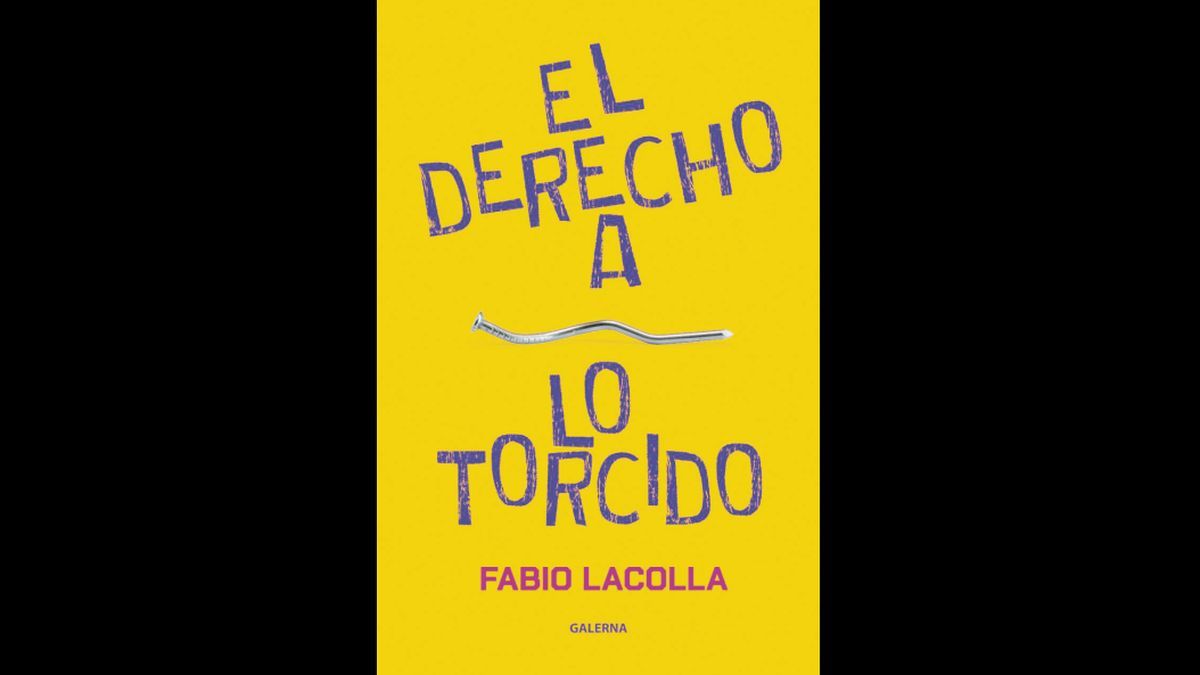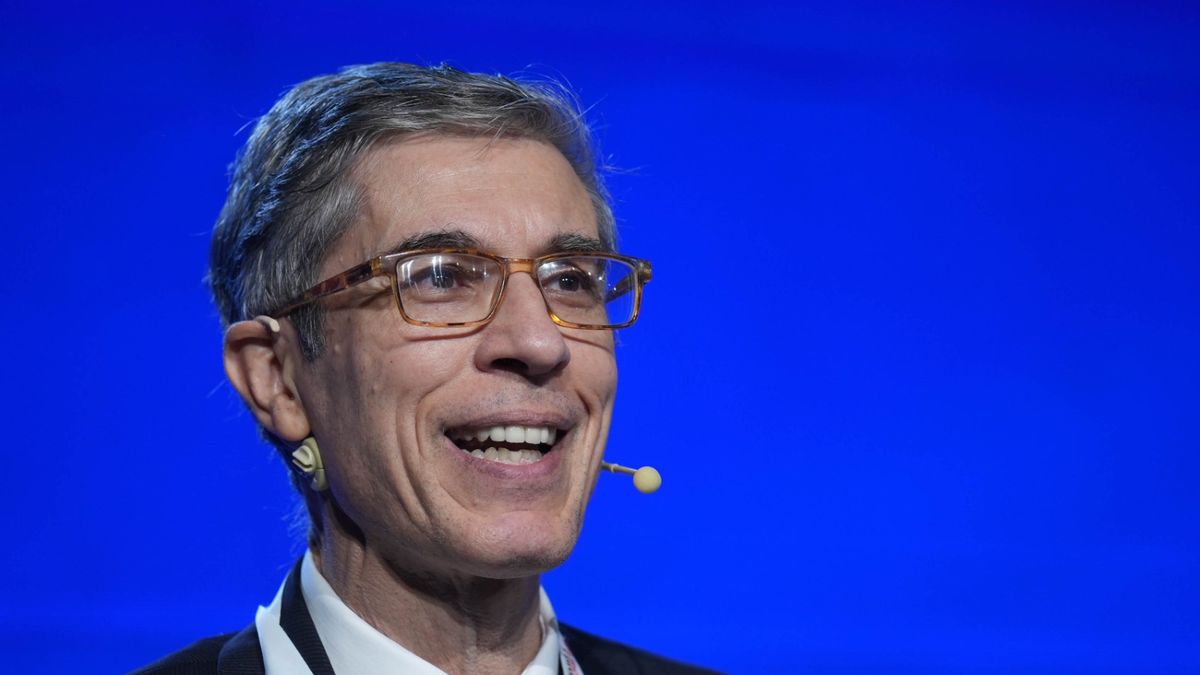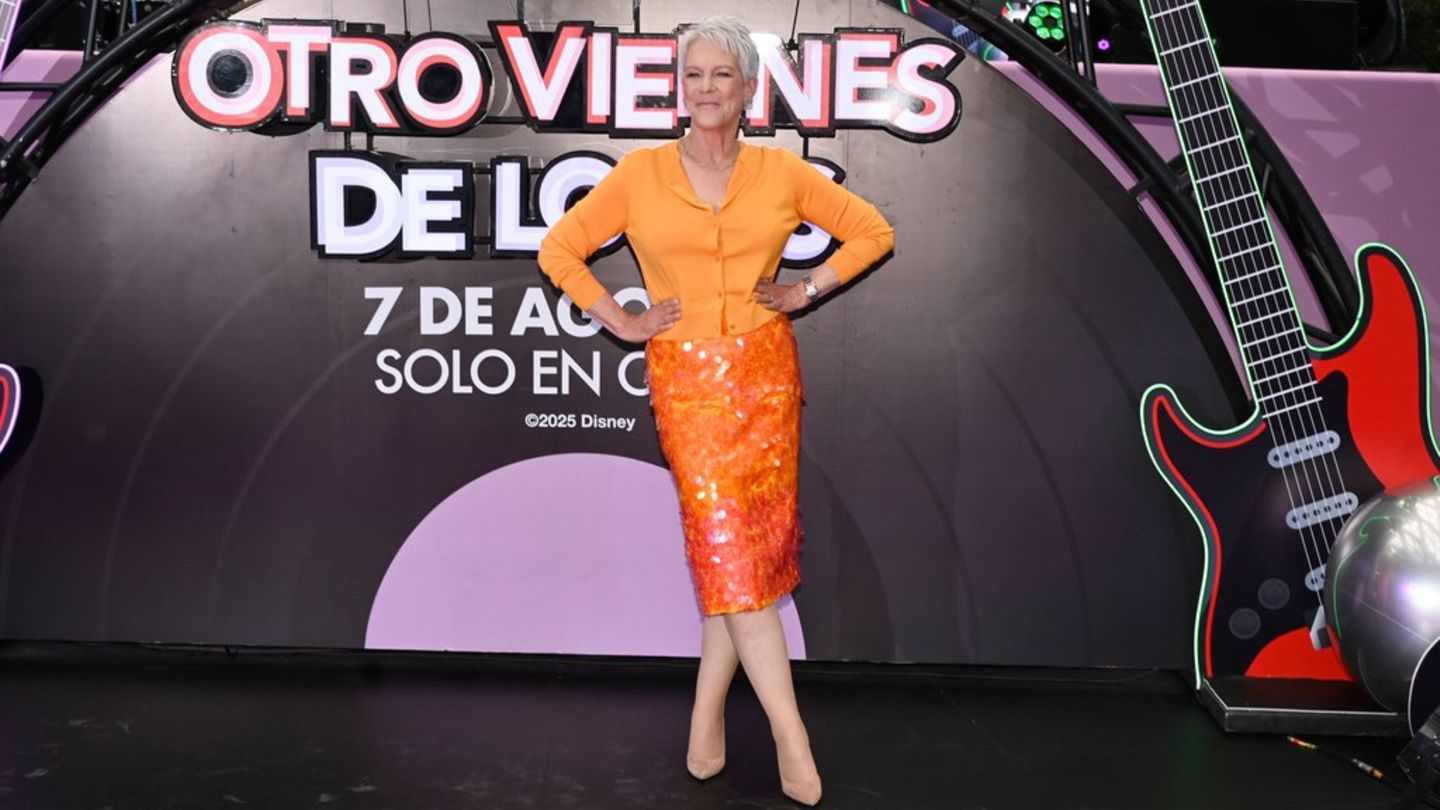Journalist: How has the pandemic affected people’s mental health?
Fabio Lacolla: We became more rigid, many things began to appear about “you have to be well, you have to look forward”. It is logical, because among other things that the pandemic took away, one was the future, the immediate, at least in the first part. Then an idea of the almost domesticated future appeared, and the future is not domesticated. I realized in my office that my patients were sad and I thought “you have the right to be sad”. Sometimes in the grieving situation one gets angry and wonders: What is the process like? How long does the duel last? There are situations in life where it is wrong to allow that, and that is where the idea of The Right to Crookedness was born.
Q.: How do you think your book can impact the reader?
FL: The right to crooked is a permissive book that tells you “well, if this happened to you and you feel like this, it’s okay for you to feel like that, put it aside”. Anxiety in general puts us in an uncomfortable place, but we have to govern the anguish and not that the anguish governs us, that is why in the book I say that it is like a fly, as it comes it goes. You can’t say “now I’m anguished for two hours and then I’m anguished”, it’s something that you can’t control, but when anguish arrives it settles in the body, it settles in the emotions… You have to let it do its thing and go alone.
Q.: How much of Fabio Lacolla is there in The Right to the Twisted?
FL: It is a somewhat autobiographical book in some sense, as I got into very ancestral and primary feelings, I myself went to my childhood and my adolescence to talk about rancidity, truth, death, duels. That helped me to think of slightly more modern concepts, I’m talking about the future post, for example. That future without normality or with a normality that does not suit us.
I speak of the virtual collective unconscious, when I speak of the right to networks and not to believe everything. The networks are pure fiction, I bank that life has a bit of fiction, but there are people who live permanently in fiction and have little life. Above all, the new generations who are all the time looking at the camera and taking selfies. Selfies are tricky, it’s stopping for a moment that is not natural. In the book I get involved with the deformity of bodies, with self-perceptions, with love relationships and also with something that is that of not staying in a place where one does not feel good. The last chapter is called “Get out of there”, and sometimes one stays because he doesn’t dare to take the step and that’s it. Also, with crookedness I make an important differentiation: crookedness is not the same as breaking, breaking has more to do with the pathological, with illness, on the other hand, crookedness, I believe, is even part of health.
Interview with Matías Reynoso
Source: Ambito
David William is a talented author who has made a name for himself in the world of writing. He is a professional author who writes on a wide range of topics, from general interest to opinion news. David is currently working as a writer at 24 hours worlds where he brings his unique perspective and in-depth research to his articles, making them both informative and engaging.




